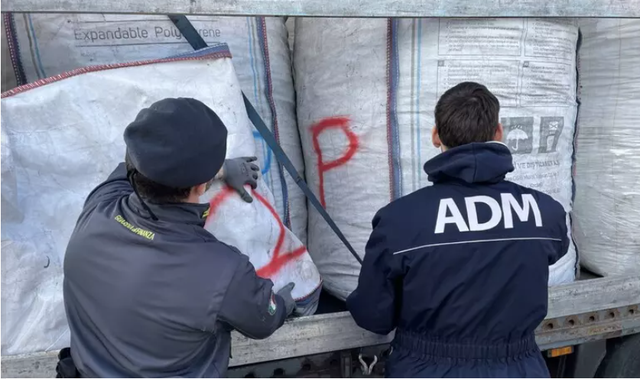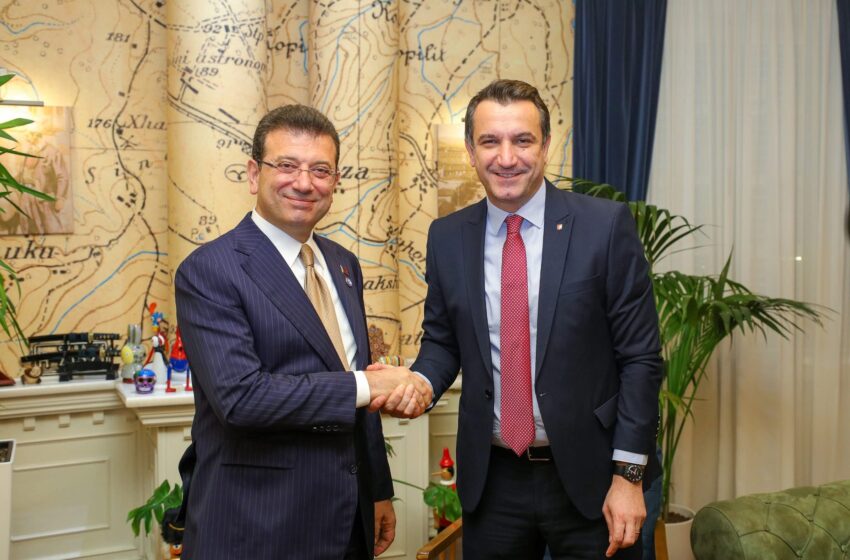Toxic waste from Albania seized at Ancona port in Italy

Italian authorities have seized nearly 58 tons of toxic waste that arrived at Ancona Port from Albania, marking another major environmental smuggling attempt. According to Italian media, the waste was imported by two Italian companies that allegedly sought to exploit the port as an entry point for illegal materials.
Why is this important: The seizure raises serious concerns about illegal waste trafficking between Albania and Italy. The case follows a growing trend of hazardous waste being misdeclared and illegally exported, raising alarms about environmental and regulatory oversight. Italian authorities are increasing their scrutiny, fearing that the Balkans could become a dumping ground for toxic waste.
Context: The operation “Metal Gate”, led by the Guardia di Finanza, aims to prevent the illegal entry of urban and industrial waste into Italy. Authorities detected the shipment after discovering discrepancies between declared contents and the actual materials in the containers from Albania.
Laboratory tests by the Regional Environmental Protection Agency revealed that the waste, which was officially labeled as “aluminum scrap”, actually contained dangerous concentrations of toxic heavy metals, including zinc, lead, and copper—posing a severe risk to water ecosystems and public health.
This is not the first time Albania has been linked to questionable waste exports. In August 2024, authorities in Singapore intercepted 800 tons of suspected toxic waste imported from Albania, which was destined for Thailand. The shipment was returned to Albania and is currently stored in a designated site in Porto Romano while prosecutors investigate its true nature and potential dangers.
What else: Italian prosecutors have charged two company administrators involved in the latest case with environmental crimes. Authorities are investigating potential links to broader transnational waste trafficking networks, as Italy and Albania have previously collaborated on efforts to curb illegal waste exports. As Italy tightens border controls on waste imports, this case underscores the need for greater international cooperation to combat the lucrative but highly damaging trade in hazardous waste.


